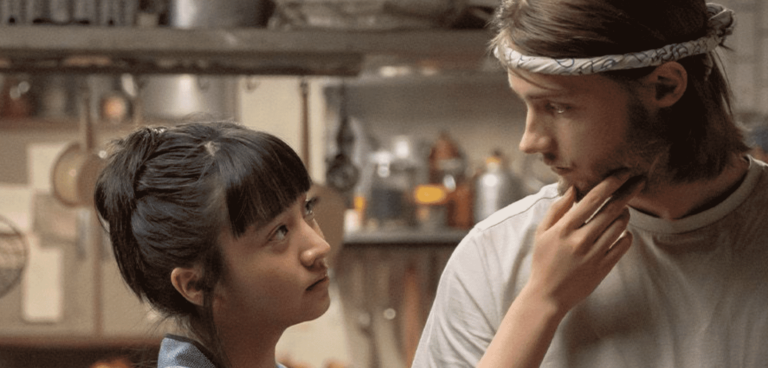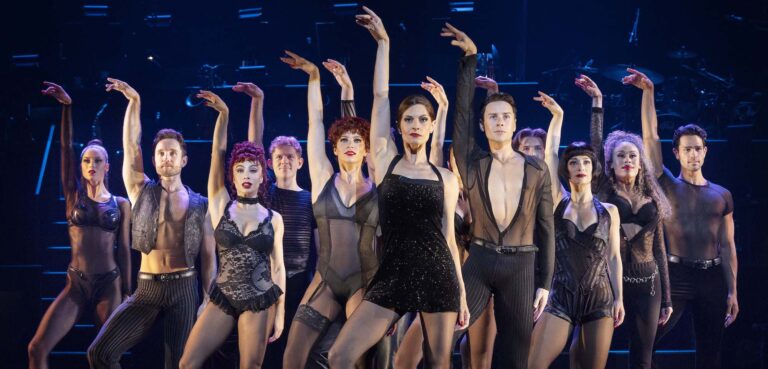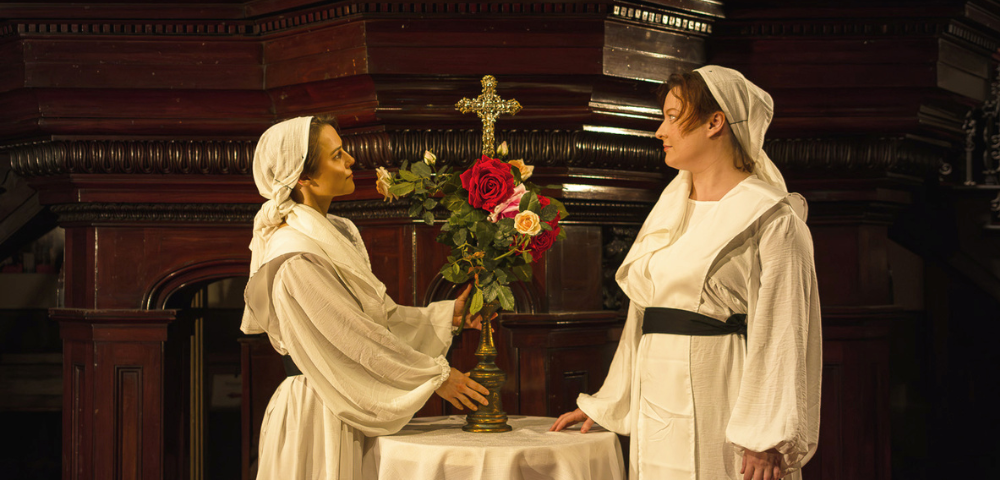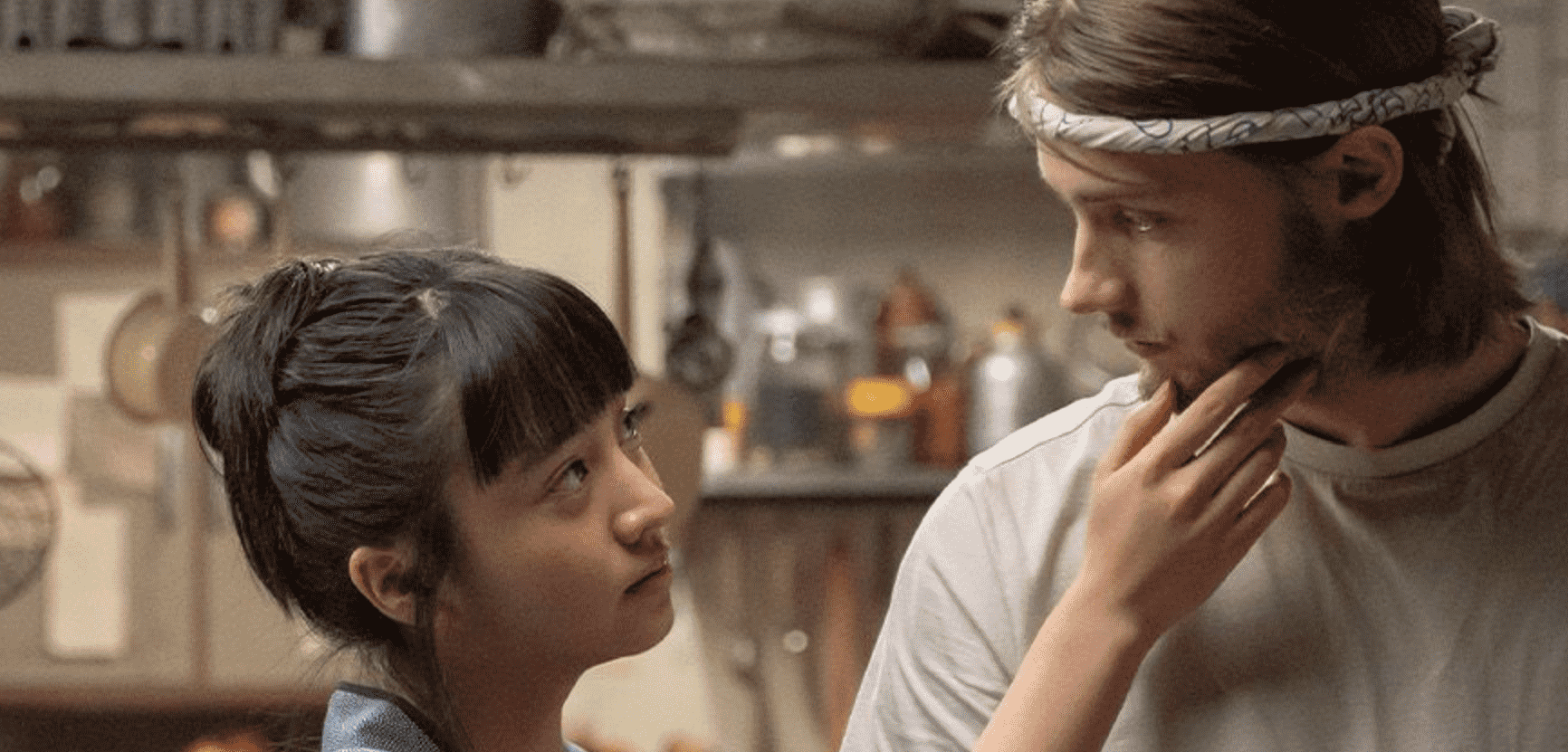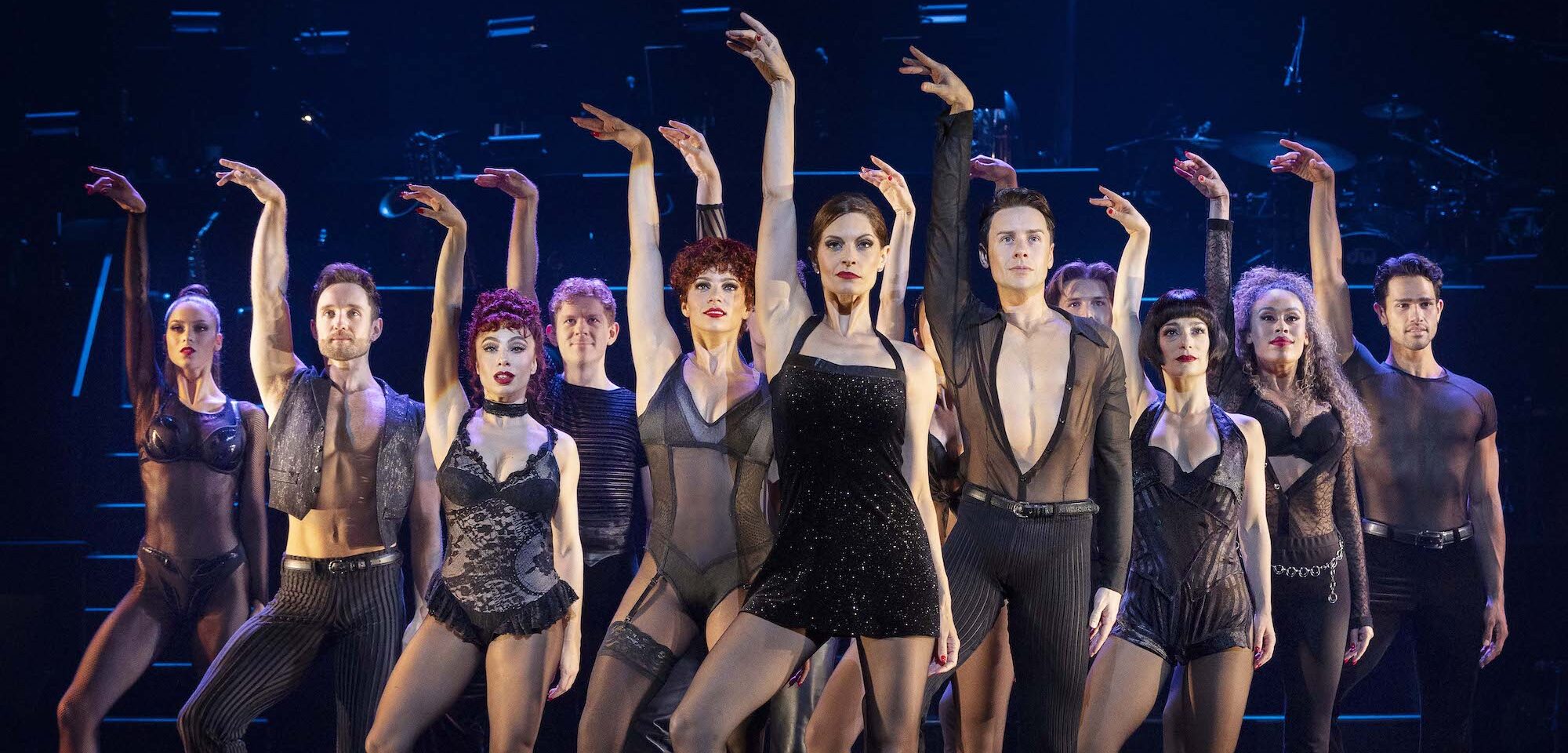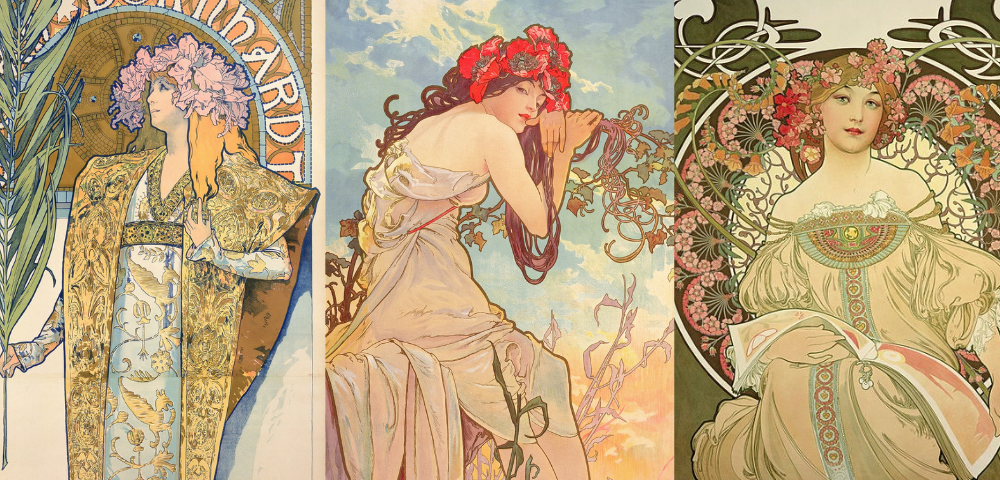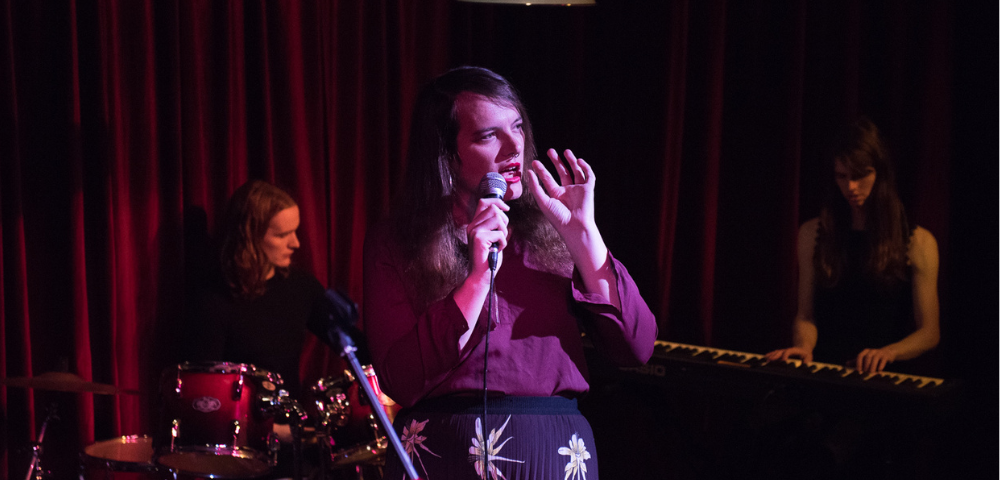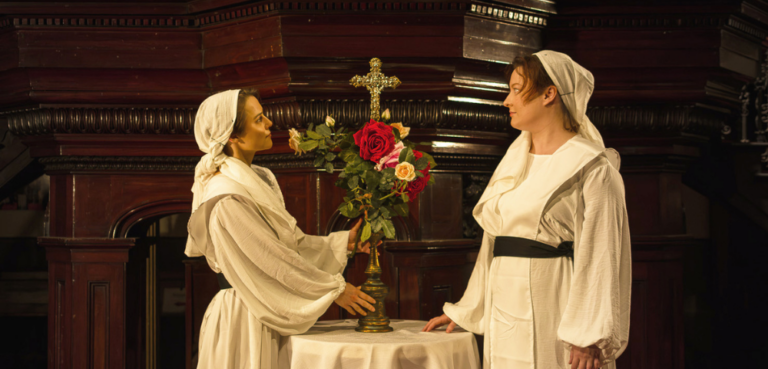
Aaron Robuck on being Frank

Aaron Robuck still has a distinguishable American accent, though he has lived in Australia for most of his adult life. He was born and spent his childhood in Cleveland, Ohio. It was an upbringing steeped in Jewish tradition and practice: Robuck’s father is a rabbi, and Robuck himself sang in the synagogue.
With a velvety voice and an instinct for performance, Robuck naturally turned his talents to theatre — on and off the stage. He is a writer, director, choreographer, producer and triple-threat performer.
Robuck is currently playing the lead in Parade, a musical based on the true historical case of Leo Frank who, in 1913, was convicted of the rape and murder of a 13-year-old girl in his employ.

Parade, conceived by Harold Prince and written by Alfred Uhry (book) and Jason Robert Brown (music and lyrics) premiered on Broadway in 1998 to wide acclaim, and had an equally successful revival in 2023, but Robuck was not familiar with the musical prior to auditioning. He was, however, already very familiar with the story of Leo Frank.
“When it comes to American Jewish history, which, [this story] was a major point in, it was something that I was aware of, and my family told me about as I was growing up,” explains Robuck.
It was a unique perspective for the actor, who might normally approach a work like this by doing a lot of research. He felt especially connected to the role of Frank.

“It’s not very often as actors you get to tackle a role that is so personal and accessible to you. You’re often thrown into auditions and you don’t know if you should put on a voice or do this certain thing to try and get yourself into it,” says Robuck. “So, this role is very special to me in terms of, you know, being able to just use my own lived experience to apply to it.”
Robuck says the director, Mark Taylor, was gracious in allowing him play with ideas, such as including liturgical style singing along with other little easter eggs (his words). He also had space to create a complex portrayal of Frank, a man who in real life, was regarded with ambivalence.
“This guy isn’t the hero of the story, he’s not a completely innocent bystander in all this, he’s not a victim in all this. He’s got problems with the Atlanta community as much as they have problems with him.”
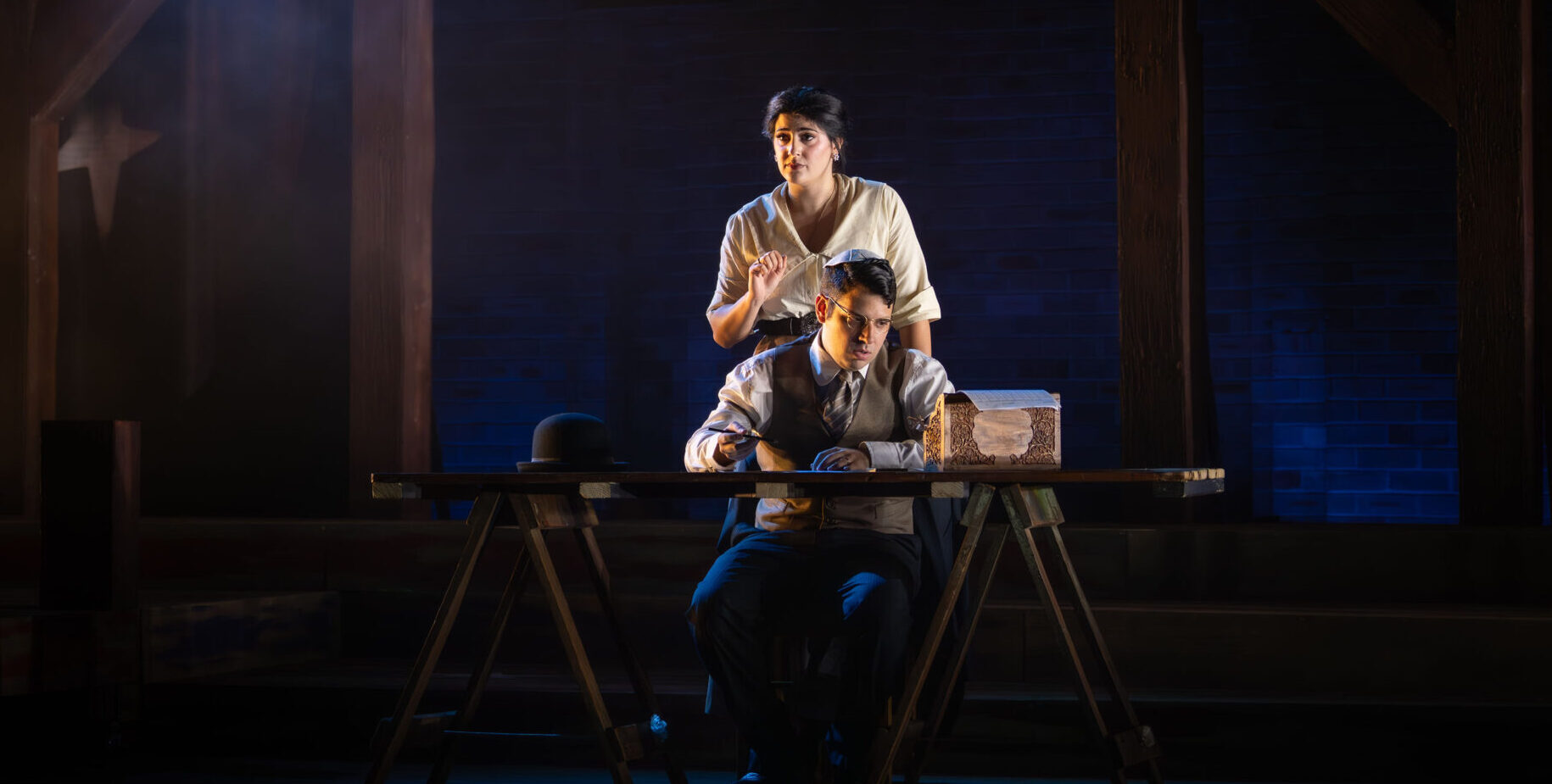
Frank is antisocial and imperious, and this, coupled with the fact that he is ivy-league educated, comes from the north, and is Jewish, puts him in very bad stead with a southern community still smarting from the Civil War.
The murder and sexual assault of 13-year old Mary Phagan on the grounds of the factory where she worked and where Frank was the superintendent, was sensationalised by the press at the time, and weaponised by ambitious politicians. Frank’s guilt was determined more by its political usefulness rather than any substantial evidence.
It seems a strange story for a musical, but Robuck argues that it works well.
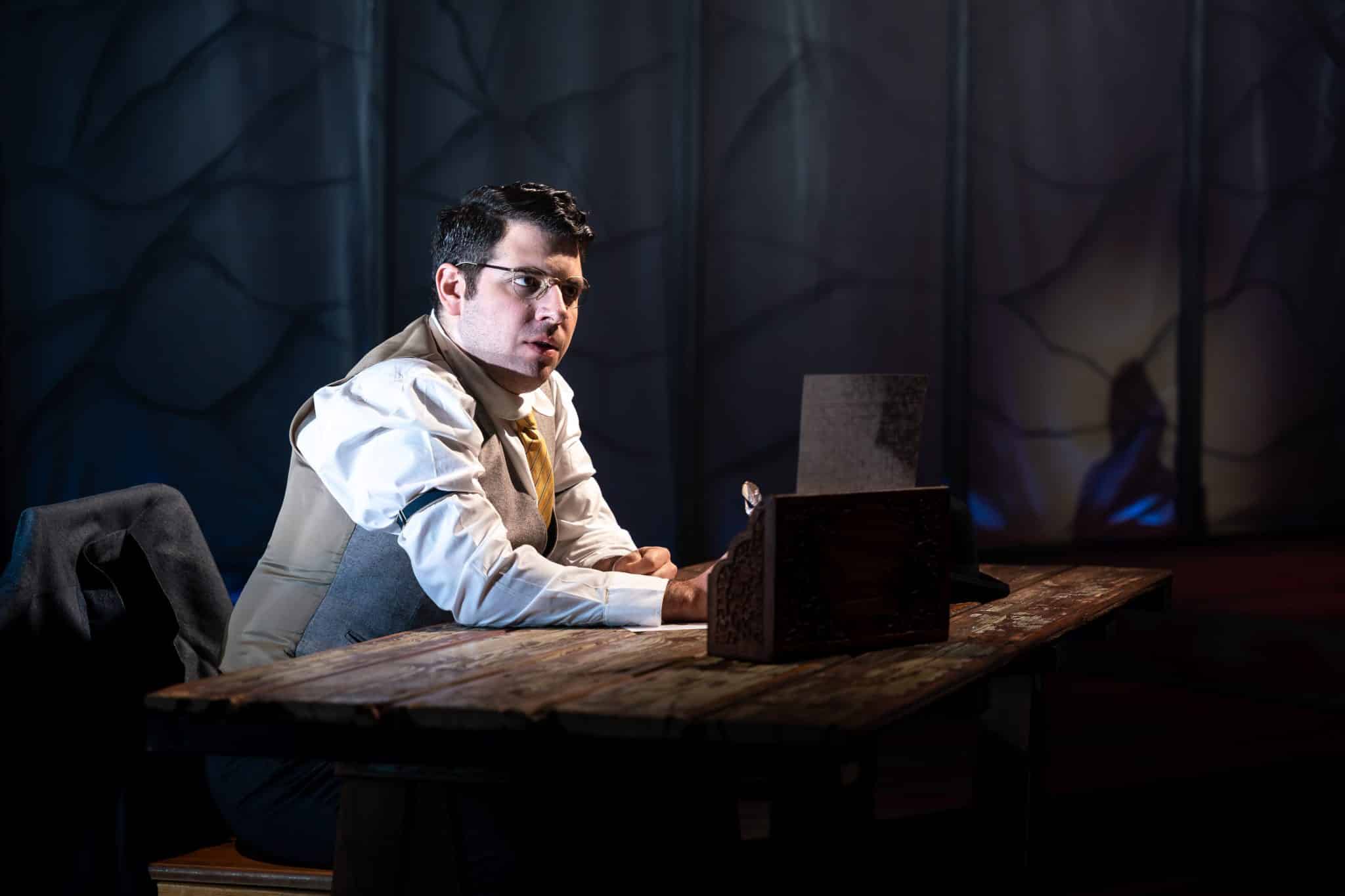
“There’s not very often there’s a cross over between true crime and song and dance,” he says. “It’s interesting. It offers opportunity for some interesting theatrical moments — especially with a name like parade — you go in thinking there’s gonna be a bit of showbiz, a bit of glitz and glamour around it all.”
The parade in the title refers to the Confederate Memorial Day parade, which was taking place on the night before Mary Phagan died, and which is a recurring event in the show. It lends itself to military and celebrational music, and adds interesting contrast to the darkness of the murder and ensuing trial of Frank.
The music in Parade folds together various styles, genres and cultural references.
“I would say in one word, it’s a chaotic score. It’s got a sense of hysteria, chaos, especially when it comes to a lot of the group numbers. There’s a sense of the community sort of getting riled up and tugged along when it comes to these moments of misinformation and injustice and how that cascades musically is such a clever way of doing it,” explains Robuck.
For the character of Frank, the music transitions with his personality: staccato and perfunctory at the beginning, then more introspective, poetic as Frank himself moves from pragmatism to sensitivity. There are some heart-wrenching moments, but there are also moments of great levity.
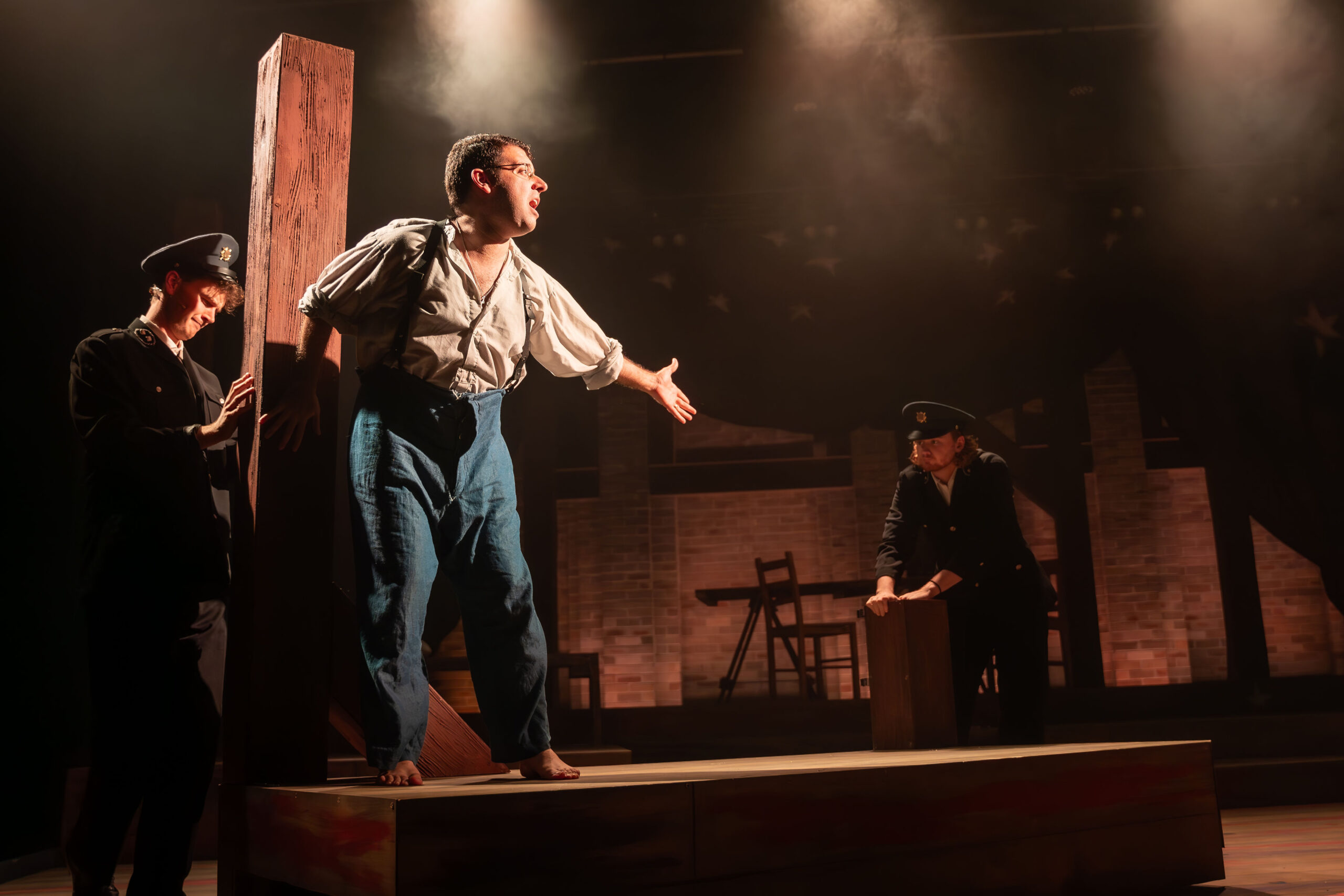
It’s difficult to discuss the subject matter of Parade without being acutely aware of current world events. Robuck acknowledges this but also emphasises that this is a piece of theatre, and the performers on stage must focus on the work first and allow it to fall and land as it will.
“There’s that sense of we are these characters, and the way in which this translates to an audience in 2024 at the Seymour Centre is kind of not our problem in a way. We’re going to present it, and hopefully it’s material that does affect and challenge and make people think about where they are right now, but I guess the specifics of the relevancy of it, I try not to put too much weight on it.”
